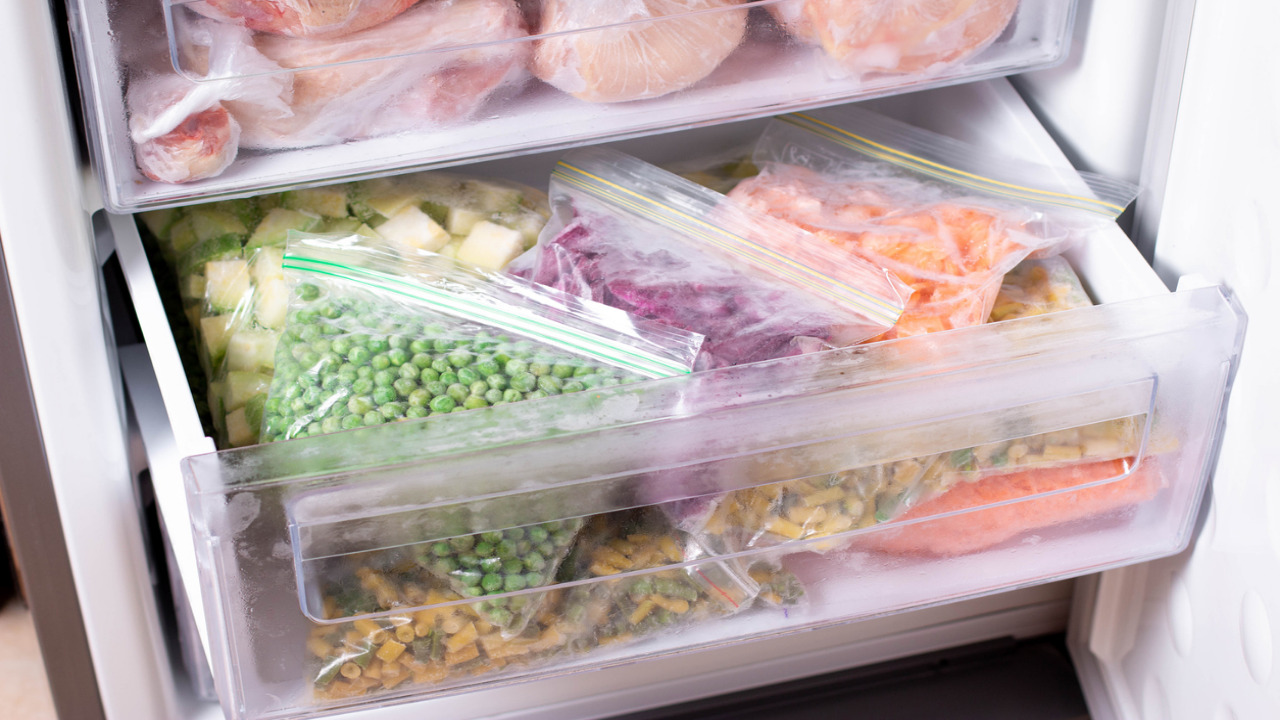Food is an essential part of our daily lives, and it’s no secret that it can take a significant chunk out of our budget. However, with some simple changes and mindful practices, you can save money while still enjoying delicious and nutritious meals. In this article, we will explore several things you should incorporate in your life to save on food. If you have questions like “Does Costco Take Apple Pay?”, figure them out to make your shopping for food easier and smoother. And now, we are talking about the best working tips to save on food.
Meal Planning

One of the most effective ways to save money on food is through meal planning. Take some time each week to plan your meals ahead. This allows you to make a grocery list based on the ingredients you need, reducing the chances of impulse buying or overspending.
Additionally, meal planning helps you avoid food waste by utilizing ingredients efficiently and ensuring leftovers are used in future meals.
Cooking at Home

Eating out can be expensive, so make an effort to cook at home more often. Cooking allows you to have control over the ingredients you use, portion sizes, and cooking methods. Not only is it cost-effective, but it also promotes healthier eating habits. Try to experiment with new recipes and techniques to keep your meals exciting and enjoyable.
Embrace Seasonal and Local Produce
Incorporating seasonal and local produce into your meals is a great way to save money on food. Seasonal produce is often abundant and less expensive than out-of-season items. Visit local farmers’ markets or consider joining a community-supported agriculture (CSA) program to access fresh and affordable fruits and vegetables. Moreover, supporting local farmers helps reduce the environmental impact of long-distance transportation.
Preserve and Store Food Properly

To minimize food waste, it’s crucial to preserve and store your food properly. Invest in quality storage containers, reusable bags, and airtight jars to keep your ingredients fresh for longer. Utilize proper storage techniques such as freezing, canning, and pickling to extend the shelf life of perishable items. Labeling and organizing your pantry and refrigerator will also help you avoid buying duplicate items or forgetting about what you already have.
Buy in Bulk
Buying in bulk can lead to significant savings on food, especially for non-perishable items like grains, legumes, and spices. Look for bulk bins or consider joining a bulk-buying club or cooperative. However, ensure that you have enough storage space and that you can consume the bulk items before they expire.
Reduce Food Waste
Food waste is not only a financial burden but also an environmental issue. Get creative with using leftovers and scraps to make new meals or incorporate them into soups, stir-fries, or smoothies. Use vegetable peels and scraps to make flavorful homemade stocks. Additionally, be mindful of expiration dates and organize your refrigerator to avoid food spoilage.
Take Advantage of Sales and Coupons
Keep an eye out for sales, discounts, and coupons to save money on groceries. Check your local grocery store’s weekly flyers, sign up for loyalty programs, and download money-saving apps. Plan your meals around discounted items, or consider stockpiling non-perishables when they are on sale.
Incorporating these practices into your daily life can significantly reduce your food expenses while maintaining a nutritious and enjoyable diet. By embracing meal planning, cooking at home, utilizing seasonal produce, and making smart purchasing decisions, you can save money and minimize food waste. Remember, every small step counts towards a more budget-friendly and sustainable approach to food.
